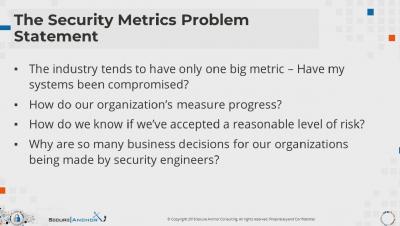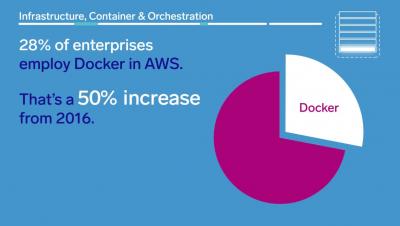Enterprise log management is here to stay: Part 1
Logs began with UNIX in the 1960s, partly to preserve the culture of close communication in programming. Luckily, that culture has held fast as programming and technology have taken many different shapes and evolutions over the years, and today, the idea behind logs is still to maintain data for correlation and analysis to meet enterprise security and compliance needs.









